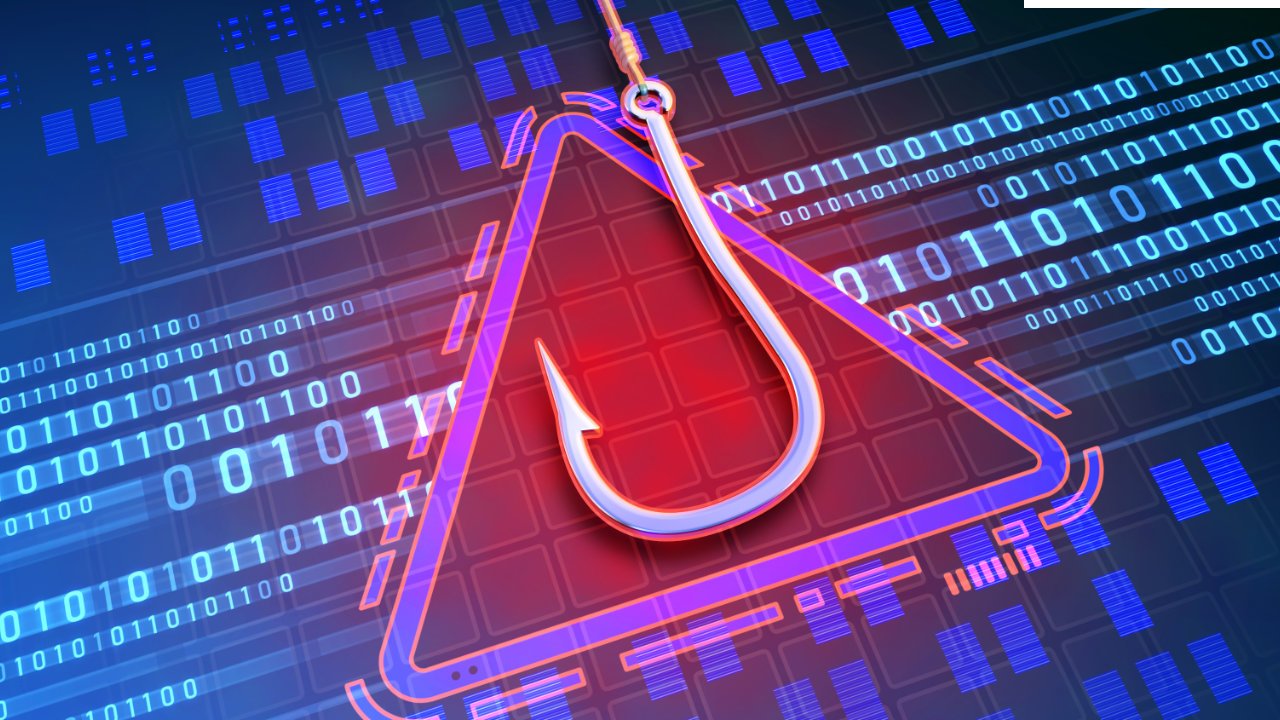Crypto world phishing attacks continue to inflict significant financial losses on users. Recent data indicates that an estimated 97,000 people fell victim to such incidents in just the first two months of this year, with tens of millions of dollars stolen.
The $104 Million Crypto Heist
According to security firm Scam Sniffer, cybercriminals targeting users’ assets have caused a staggering $104 million in damages through crypto phishing attacks in the first two months of the year.

Ethereum users, with a total of $78 million stolen from assets like ETH and ERC20 tokens, were particularly vulnerable, making up the majority of the losses. The primary method used by cybercriminals was to deceive victims into signing malicious phishing signatures such as “ERC20 Permit” and “increaseAllowance,” which gave unauthorized access to the users’ funds without their knowledge.
One concerning aspect of phishing attacks is the potential for a single malicious signature to lead to significant losses. Victims unwittingly give cybercriminals access to all the assets stored in their wallets, thereby amplifying the financial impact of these incidents.
Beware of Social Media Platforms
Scam Sniffer’s analysis underscores the tactics used by cybercriminals to lure victims to phishing sites, particularly highlighting deceptive comments on social media platforms, including platform X. Hackers impersonating legitimate accounts publish comments that direct users to malicious sites where their assets are at risk, exploiting the trust of unsuspecting individuals.
Scam Sniffer sheds light on the prevalence of this tactic in the latest phishing attempts targeting crypto users, stating, “Most victims were drawn to phishing websites through phishing comments from fake X accounts.”
Phishing attacks prevalence underscores the importance of users being vigilant and taking strong security measures to protect their assets in the crypto world. Implementing best practices such as verifying the authenticity of websites and avoiding suspicious links can reduce the risk of falling victim to phishing attacks.

 Türkçe
Türkçe Español
Español









